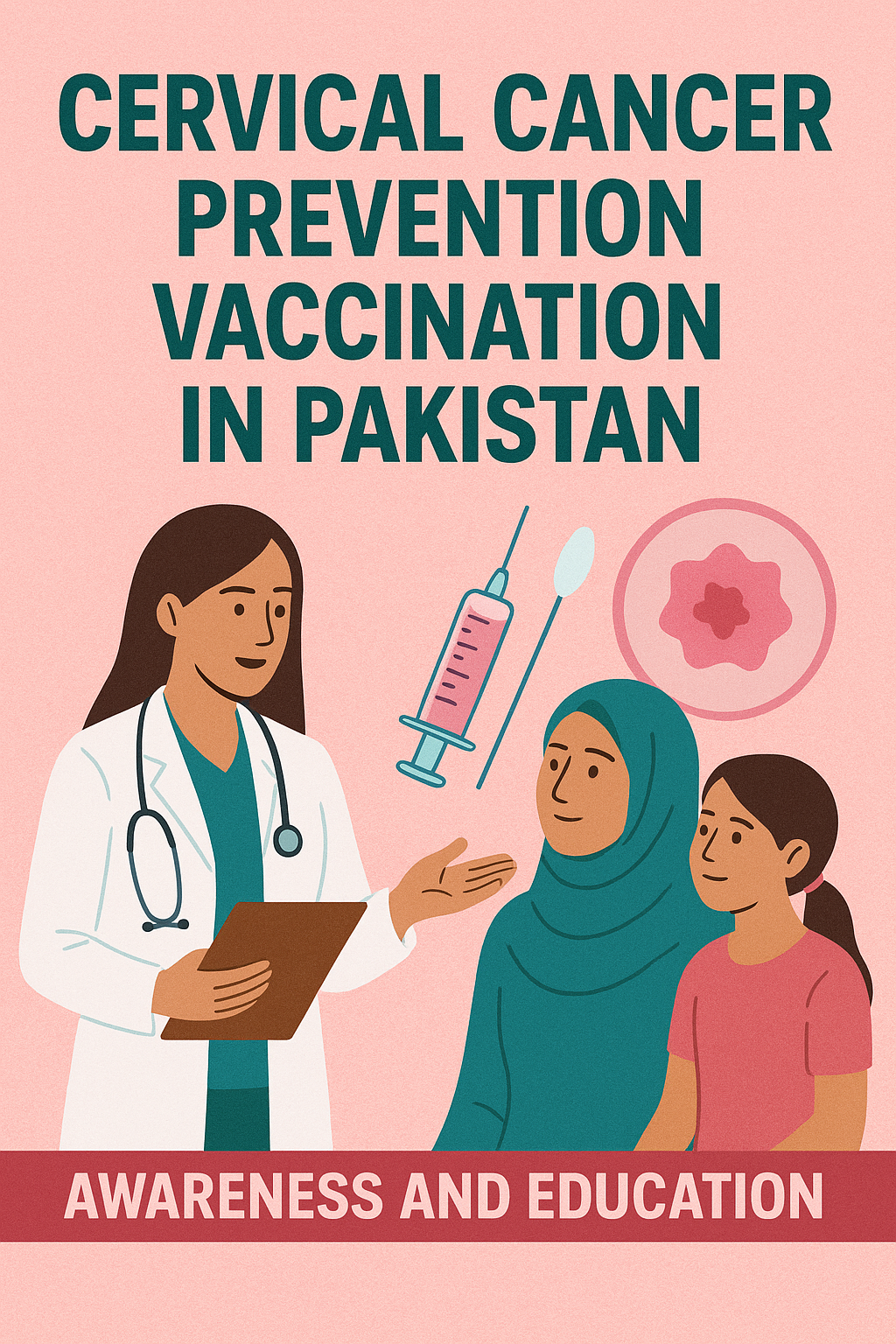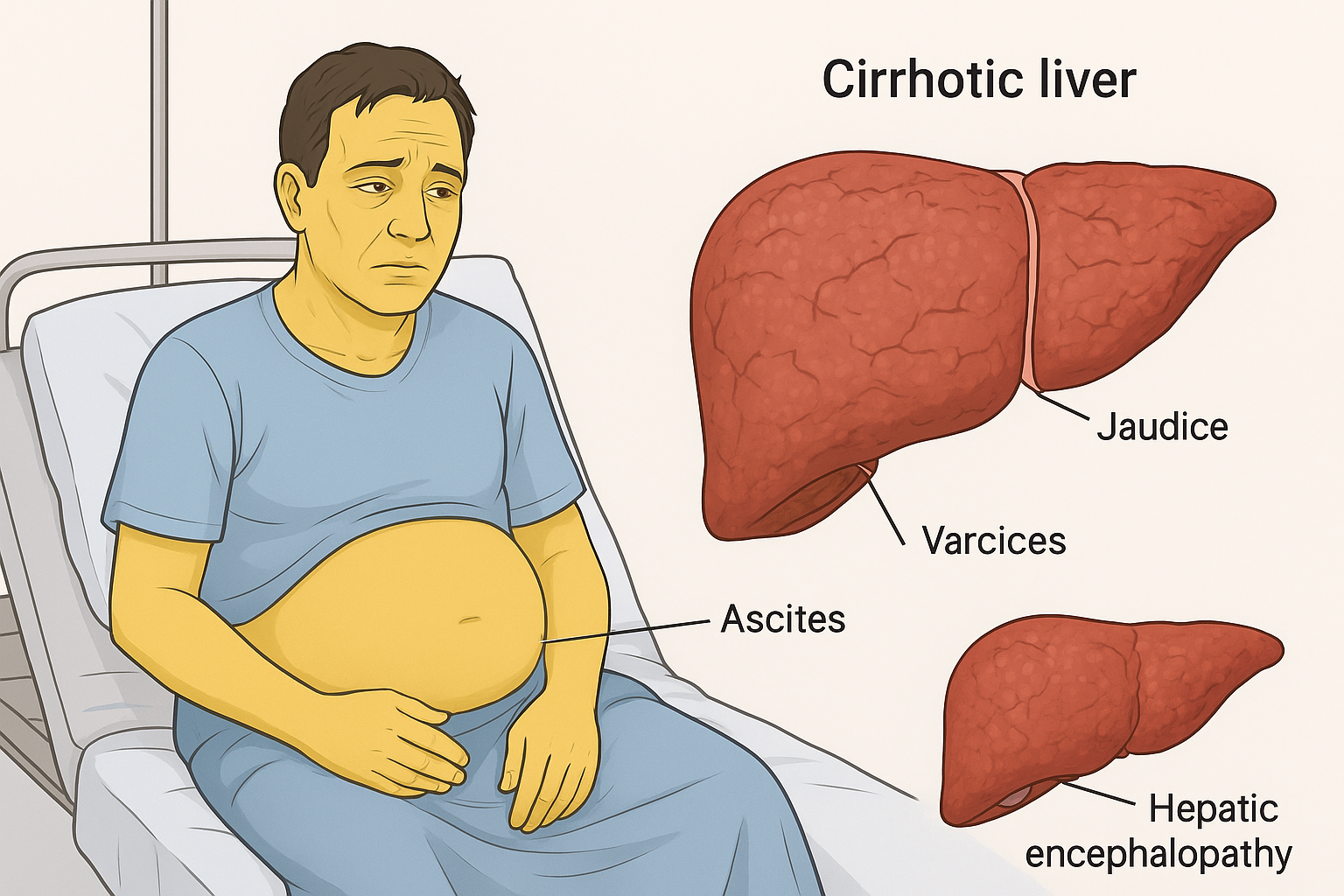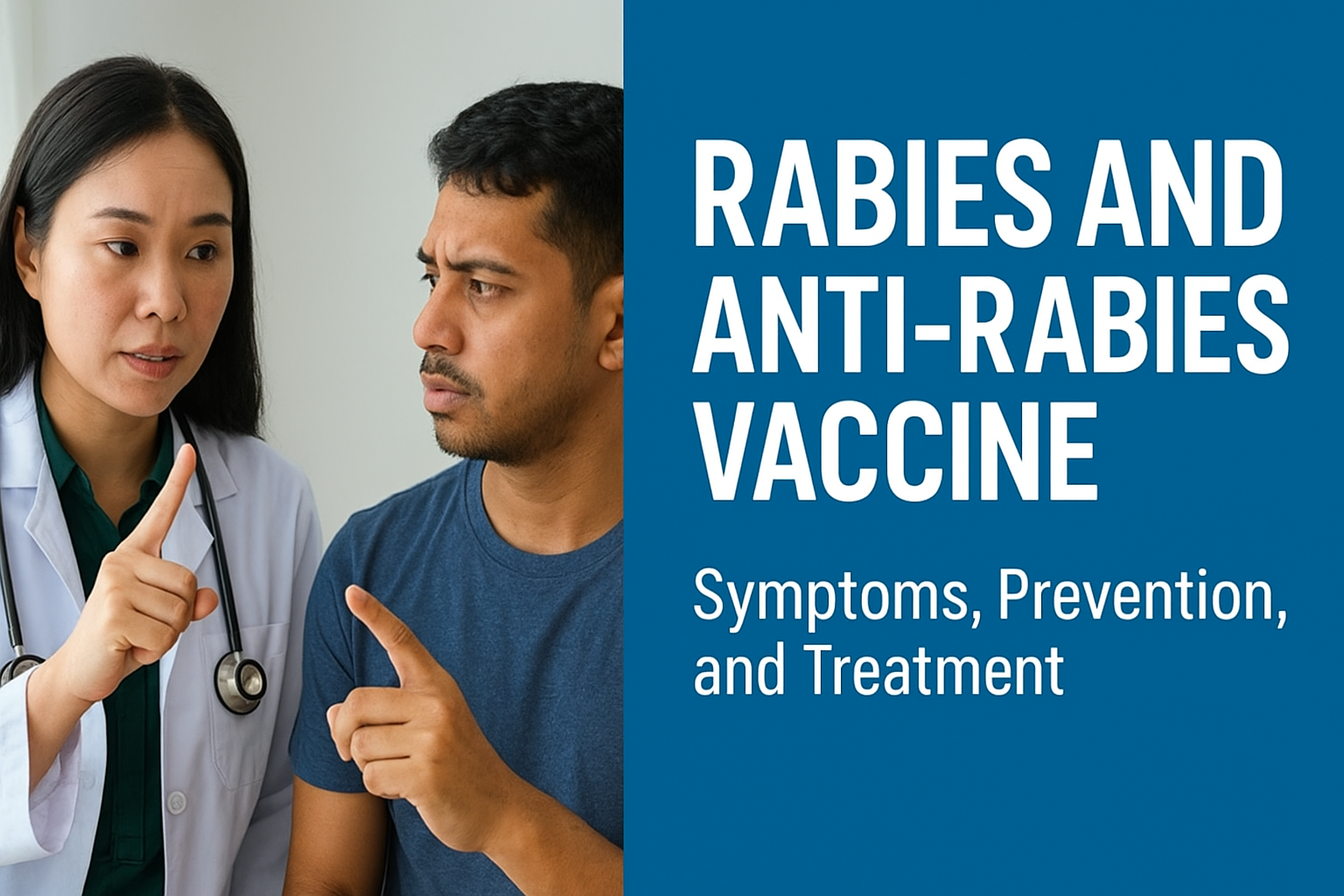Cervical cancer is one of the most common cancers affecting women worldwide, including Pakistan. Unfortunately, due to lack of awareness, cultural barriers, and limited access to preventive healthcare, many women are diagnosed at later stages when treatment becomes more difficult. The good news is that cervical cancer is preventable through timely screening and vaccination. Raising awareness about the cervical cancer vaccine in Pakistan can help protect thousands of women from this life-threatening disease.
What is Cervical Cancer?
Cervical cancer develops in the cells of the cervix, the lower part of the uterus. The leading cause of cervical cancer is a persistent infection with high-risk types of Human Papillomavirus (HPV). HPV is a common virus transmitted through sexual contact, and in most cases, the immune system clears it naturally. However, in some women, long-term infection with high-risk HPV types can lead to cervical cancer.
The Role of HPV Vaccine in Prevention
The HPV vaccine is the most effective tool in preventing cervical cancer. The vaccine works by protecting against the strains of HPV that are responsible for the majority of cervical cancer cases. According to the World Health Organization (WHO), HPV vaccination can reduce cervical cancer risk by more than 90%.
Recommended Age for Vaccination
- The HPV vaccine is most effective when given before the onset of sexual activity.
- Girls aged 9–14 years are the primary target group.
- It can also be given to women up to the age of 26, and in some cases up to 45 years, but with reduced effectiveness.
Cervical Cancer Vaccination in Pakistan
In Pakistan, awareness of the HPV vaccine is still limited. However, healthcare providers and non-governmental organizations are working to promote vaccination for young girls to prevent cervical cancer in the future. Currently:
- The vaccine is available in major cities like Karachi, Lahore, and Islamabad.
- Private healthcare centers and some NGOs offer vaccination services.
- Unfortunately, the vaccine is not yet included in the national immunization program, making accessibility and affordability major challenges.
Benefits of Cervical Cancer Vaccination
- Prevents HPV infection – Protects against the most dangerous strains of HPV.
- Reduces cancer burden – Lowers the incidence of cervical cancer in future generations.
- Safe and effective – The vaccine has been proven safe worldwide with millions of doses administered.
- Public health impact – Protects not only individuals but also reduces overall community transmission.
Other Preventive Measures
While vaccination is the strongest protection, additional steps should also be taken:
- Regular Pap smear tests or HPV screening for early detection.
- Safe practices to reduce HPV transmission.
- Health education campaigns to spread awareness in schools, universities, and communities.
Public Service Message
Cervical cancer is preventable. By raising awareness, educating families, and encouraging HPV vaccination, we can save countless lives in Pakistan. Parents should take the step of vaccinating their daughters at the recommended age. Healthcare authorities should work to make the vaccine more affordable and accessible across the country.
Final Thoughts
Cervical cancer remains a silent threat for women in Pakistan, but prevention is within our reach. With HPV vaccination, regular screening, and awareness, we can move closer to a future where cervical cancer is no longer a major health concern for women.




